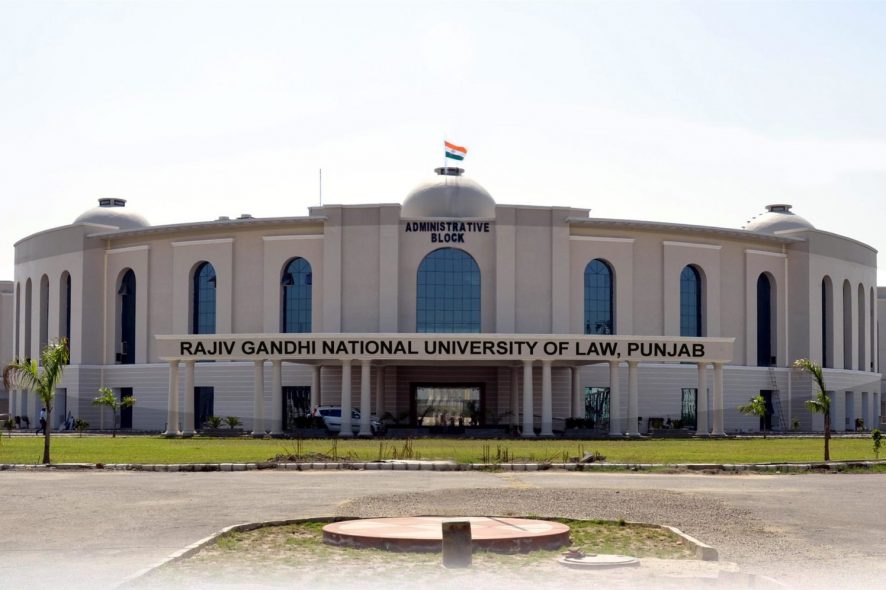CONCEPT NOTE
Urbanization and modernization have greatly influenced the interaction between man and environment in the recent times. Man’s ability to exploit nature and her resources indiscriminately is responsible for the environmental crisis of the planet Earth. The excessive consumption of scarce resources, huge amount of garbage, ozone layer depletion, and various types of pollution and extinction of species are among the major environmental problems. Nature stirs creative minds to write about the hungry tides, floods, fissured lands, unquiet woods, creatures great and small, belated spring, dust bowl, biopiracy, violence of green revolution, environmental injustice and climate change. This environmental
literature also emerges from protests like Chipko movement, Narmada Bachao Andolan. It reinforces the inter connectedness between living beings and their surroundings. Environmental education can sensitize one and all regarding the efforts and skills required to improve the quality of the ecosystem.
The modern environmental movement dates back to the publication of Rachel Carson’s Silent Spring (1962). Carson’s writing raises an alarm against the harmful effects of the contentious use of insecticides. She talks about the irresponsible acts of human beings that could silence the Earth. The changing relationship of human beings with the natural world gives rise to an array of fictional and nonfictional writings. The writings on endangered Earth engage human minds with ecological issues.
Ecocriticism explores the environmental dimensions of literature. Ecocriticism converges with its sister disciplines in humanities, history, anthropology, philosophy, ethics, law, religious studies, political science, geography, sociology and others, to understand the ethics of human environmental interactions. Lawrence Buell traces environmental imagination and ecological ethics in the literary works of various American writers. He asserts that discourses on landscapes and toxicity can propel transformation in the environmental consciousness. Environmentalists and writers across disciplines
reflect on the endangered existence of human beings, locally and globally. Henry David Thoreau, Ralph Waldo Emerson, Donald Worster ,Walt Whitman, Ramachandra Guha,Vandana Shiva, Amitav Ghosh, Arundhati Roy, Indira Sinha, Lakshmi Thiripurasundari, Syed Abdul Malik, MadhavGadgil, Anupam Mishra, N K Sukumaran Nair, Barbara Kingsolver, Clara Hume, J.M. Coetzee, Margaret Atwood, Barbara Gowdyand many more raise public awareness to the environmental concerns.
Various writings on Nature and Environment make ecological destruction intelligible to human beings. Several genres of Green Writing also suggest “ethics of earthcare”. These include Earth
Democracy, Stolen Harvest, Ripples in the River, Earth Songs, Longing for Sunshine, The Fissured Land, Environmentalism, Back to Garden, Walden, Dust Bowl, The Hungry Tide, The Drowned Earth, The Burning World, Mother of Storms, Paradise in the Sea of Sorrow, Ecofeminism, Ecospeak, Ecoambiguity, The Environmental Imagination, The Practice of the Wild, The Family Tree, When Species Meet, Wilderness into Civilized Shapes, Listening to The Land, Green Cultural Studies and The Great Derangement.
ELIGIBILITY CRITERIA AND THEMES
Research Papers from Academicians, Professionals and Research Scholars across disciplines are
invited on the following sub-themes:
- Writing Nature/ Green Writing
- Environmental Imagination
- Environmental Justice
- Endangered Landscapes
- Transcendentalism
- Environmentalism
- Environmental Ethics
- Environmental History
- Ecopoetics / Green Voices
- Ecofeminism
- Green Screen
- Post-Colonial Environments
- Critical Posthumanism
- Environmental Laws
- Green Politics
- The Economics of Ecosystem and Biodiversity
GUIDELINES FOR SUBMISSION
- Submission of Abstract- 17.01.2021
- Intimation of acceptance of Abstract- 27.01.2021; Submission of Paper- 05.03.2022
- Word limit for Paper 4000-6000 words
- The selected papers will be invited for presentation in a conference scheduled from 7-8 April 2022 and published in a book with ISBN
Submit the Abstract and Paper to expressions@rgnul.ac.in
For more details, refer Brochure-Literature Environment and Climate Change
Dr. Navleen Multani
Assistant Professor of English
Rajiv Gandhi National University of Law, Punjab






